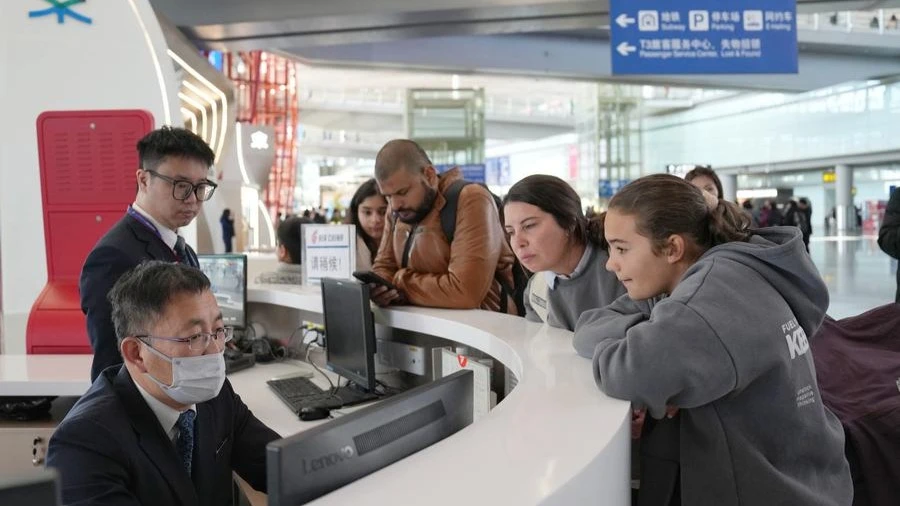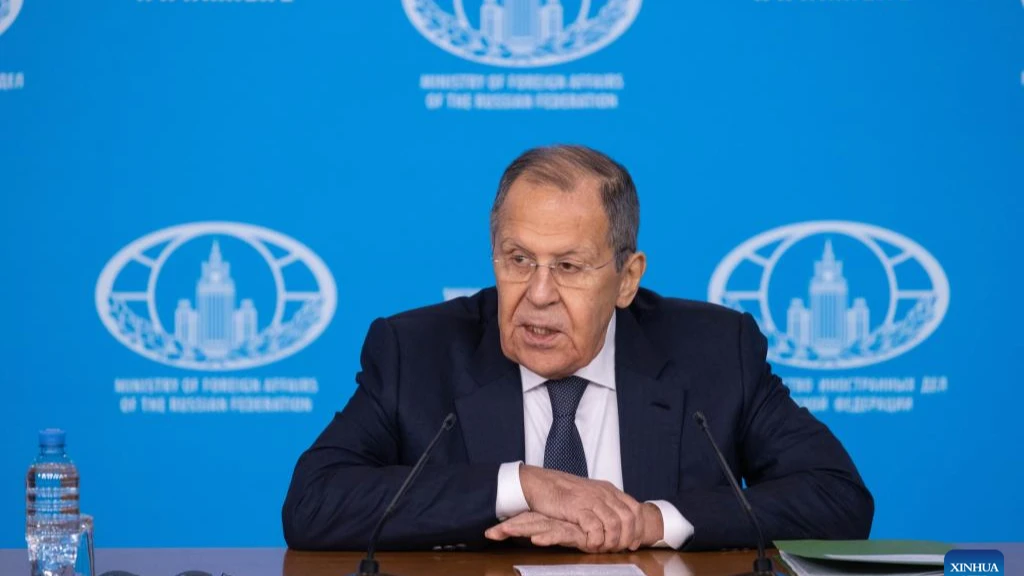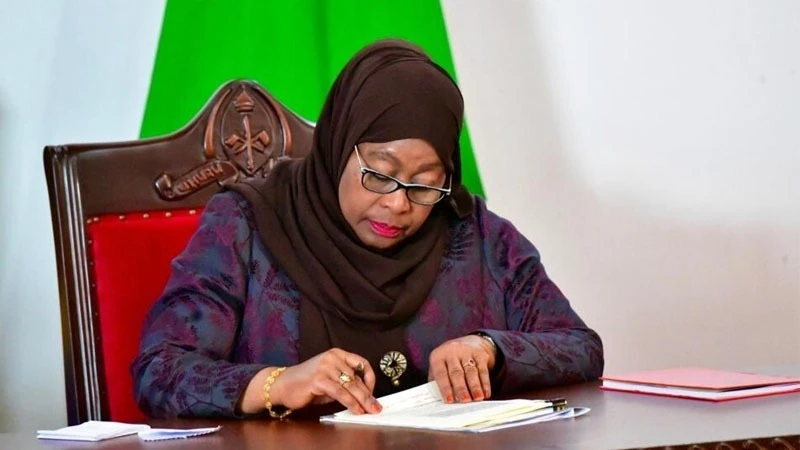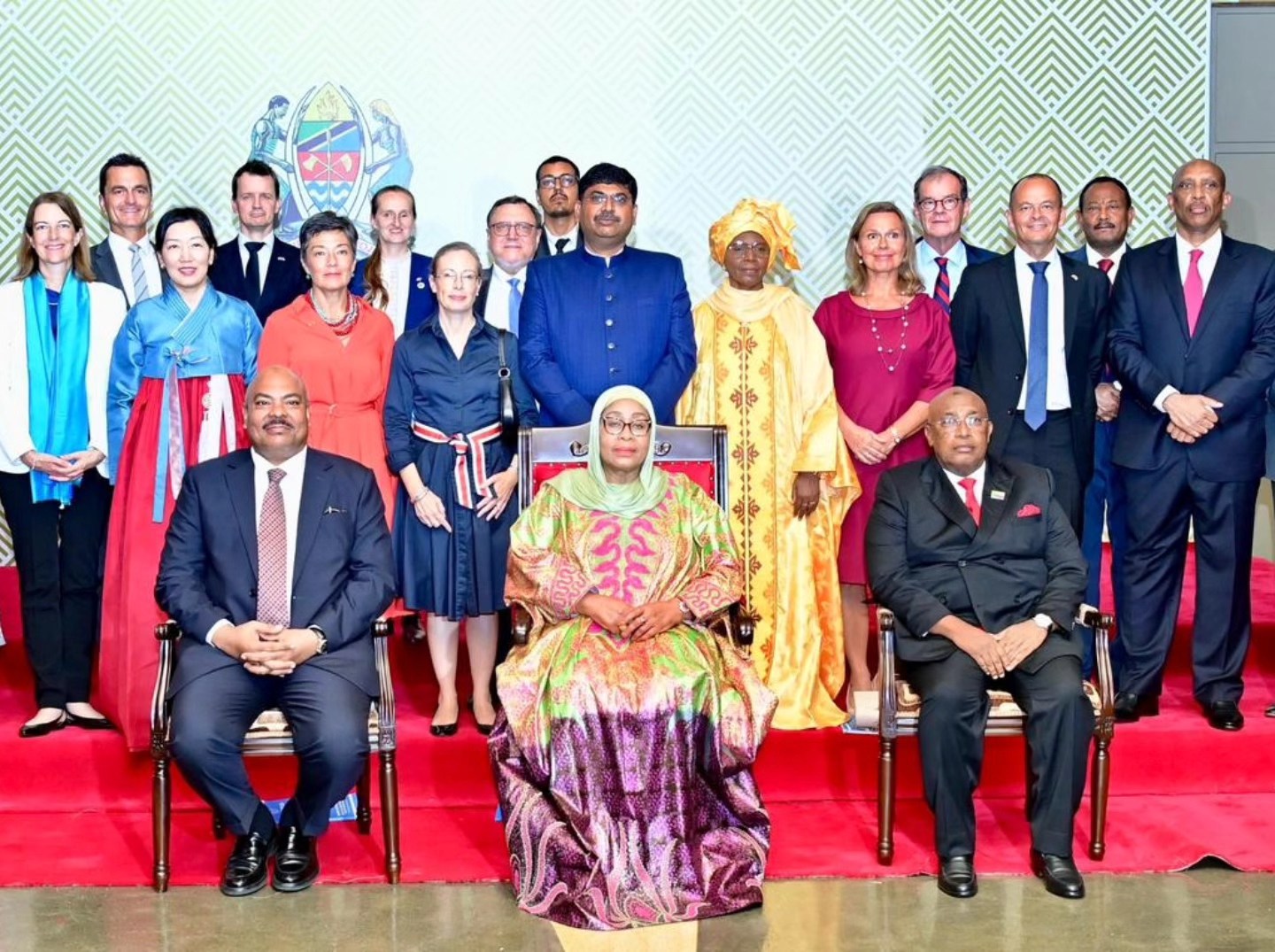Returning home: Foundation brings smiles, hope to female ex-prisoners
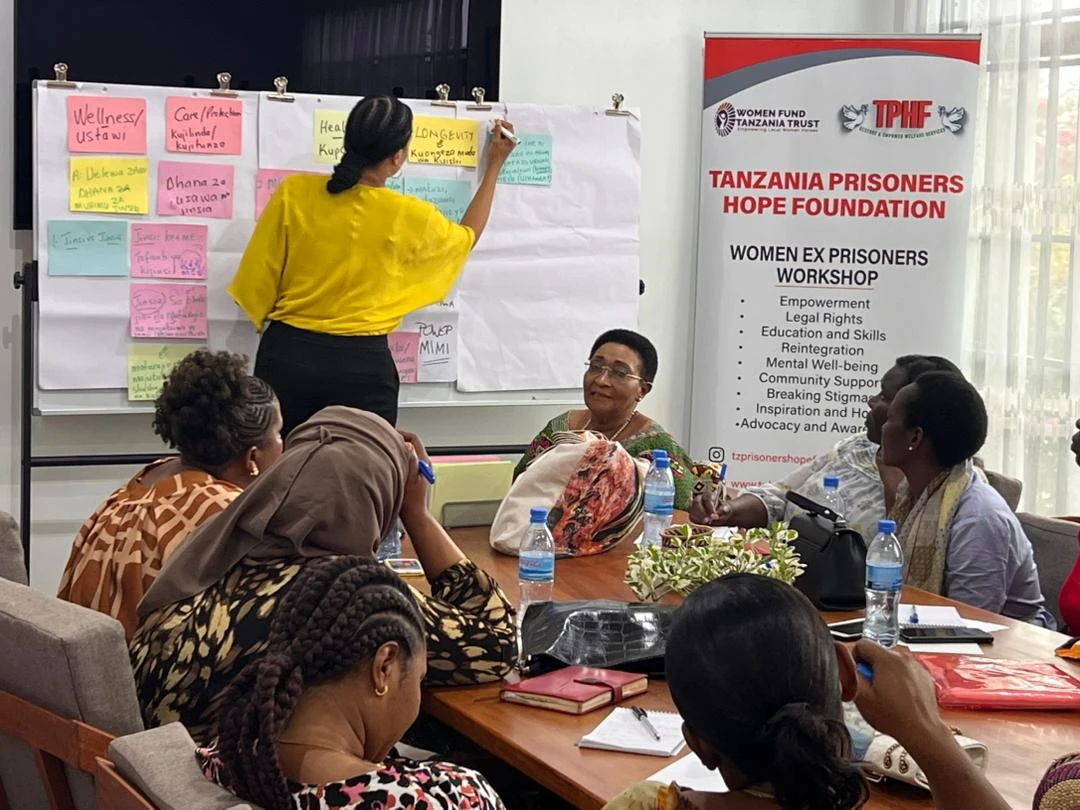
THE transition back into society after being released from prison is particularly challenging for women ex-prisoners. They often face numerous barriers, such as discrimination and rejection from their communities and families.
Without acceptance and support, many women ex-prisoners may find themselves destitute, and some may turn to crime as a means of survival.
Employment opportunities are scarce for ex-prisoners, as they frequently encounter reluctance from employers to offer them jobs. Many employers hesitate to hire individuals with criminal records, fearing that they may be unreliable, dangerous, or dishonest. This makes it difficult for ex-prisoners including women to be considered for jobs, regardless of their qualifications.
Some prisons offer vocational training to inmates, however, most of them are released without life skills or work experience that may help them secure temporary and permanent jobs.
Upon release, ex-prisoners may have limited access to resources such as job training programs, transportation, and housing. These challenges can make it harder to find and secure employment.
Female ex-prisoners often face social isolation and may not have strong support networks to help them find jobs. Lack of connections and references are also contributing to a significant disadvantage in the job market.
In addition to employment challenges, these women face issues such as housing instability, mental health challenges, lack of access to healthcare, and post-traumatic stress disorder (PTSD). These factors make reintegrating into society a daunting task.
In response to these challenges, the Tanzania Prisoners Hope Foundation (TPHF) has introduced a new programme aimed at helping female ex-prisoners rebuild their lives. The programme provides training on various topics to help them stay healthy, manage daily stress, and improve their overall well-being.
Mary Rusimbi, Co-Founder of the Women Fund Tanzania Trust (WFTT), discussed this initiative during a recent training session that was attended by 30 women ex-prisoners from Segerea and Ukonga prisons. The session, funded by WFTT, focused on physical and spiritual well-being, self-care, and healing.
“We have decided to offer this training because life after prison is incredibly difficult, and starting over is not easy for women ex-prisoners,” Rusimbi said adding some women fail to start over after being released due to the discrimination and instability they experience in their communities.
The programme also aims to help these women find happiness, take care of themselves, cope with daily stress, and improve their overall well-being. It encourages them to value their contributions to their families and communities.
The training covered topics such as gender equality, oppressive systems that infringe women's rights, self-care, healing, spiritual and physical well-being, collective care, holistic wellness and nutrition.
Rusimbi encouraged them to use their networks and platforms to advocate for their rights and discuss issues affecting their well-being. She emphasized the importance of having personal space to discuss challenges they face as well as possible solutions.
She also stressed the need for relaxation, advising female ex-prisoners to engage in activities that bring joy, such as physical exercise and ensuring they get adequate rest.
Rusimbi highlighted the importance of collective action to address and change the oppressive systems that harm their well-being.
“When facing discrimination, stigma, financial crises, or health problems, practicing self-care is crucial as it helps eliminate stress, anxiety, and depression, improves concentration, reduces frustration, increases happiness and even prevents serious health risks,” she stated.
To live healthier and happier lives, she advised the women to value themselves and make independent decisions. She emphasized that good nutrition, physical well-being, regular exercise, spiritual well-being, access to quality healthcare, and a supportive environment are critical for overall wellness.
Neglecting any of these areas can adversely affect one's health, well-being, and quality of life, she said.
Lucas Mwimo, Executive TPHF Director, underscored the importance of health services and spiritual well-being, urging the women ex-prisoners to take responsibility for their health and stay close to their faith. “Good health is essential to achieving your goals. Be responsible for your own health because it determines your ability to achieve what you have planned.”
Mwimo encouraged female ex-prisoners to eat healthily, exercise regularly, get enough sleep, and manage stress to improve their well-being. He also advised them to avoid activities that could lead them back to prison. “Start everything with God, as He is our protection and strength. He guides us through our problems, provides solutions, and helps us move forward.”
During the event, the women shared their experiences and challenges they faced in prison. Mwimo advised them to form formal groups to be easily supported in accessing their rights.
According to him, the group should involve lawyers to guide them in legal matters. TPHF is also working on a new reintegration policy to be submitted to parliament for discussion and approval.
Mwanahamisi Khalfani, Chairperson of the Women Ex-Prisoners Association, who served four years in prison for money laundering, is among the training beneficiaries.
She told The Guardian how the programme has empowered and protected her, help in building confidence and focus on her future goals. With the skills gained from TPHF, Khalfani and other members have started various income-generating activities, such as grain trading, shoe and dress businesses, and mobile money services like M-PESA, HaloPesa, and Airtel Money. They have also established a village community bank (VICOBA) where they save monies on weekly basis and access low interest loans to expand their businesses.
"We buy shares, contribute 12,000/- per week, and issue loans to our members. We are now looking for donors to help use raise 30m/- tobe able to offer more loans to our members,” said Khalfani who has successfully started her own shoe business, which enables her to support her family, pay school fees for her children and invest in her M-Pesa business.
Top Headlines
© 2025 IPPMEDIA.COM. ALL RIGHTS RESERVED











